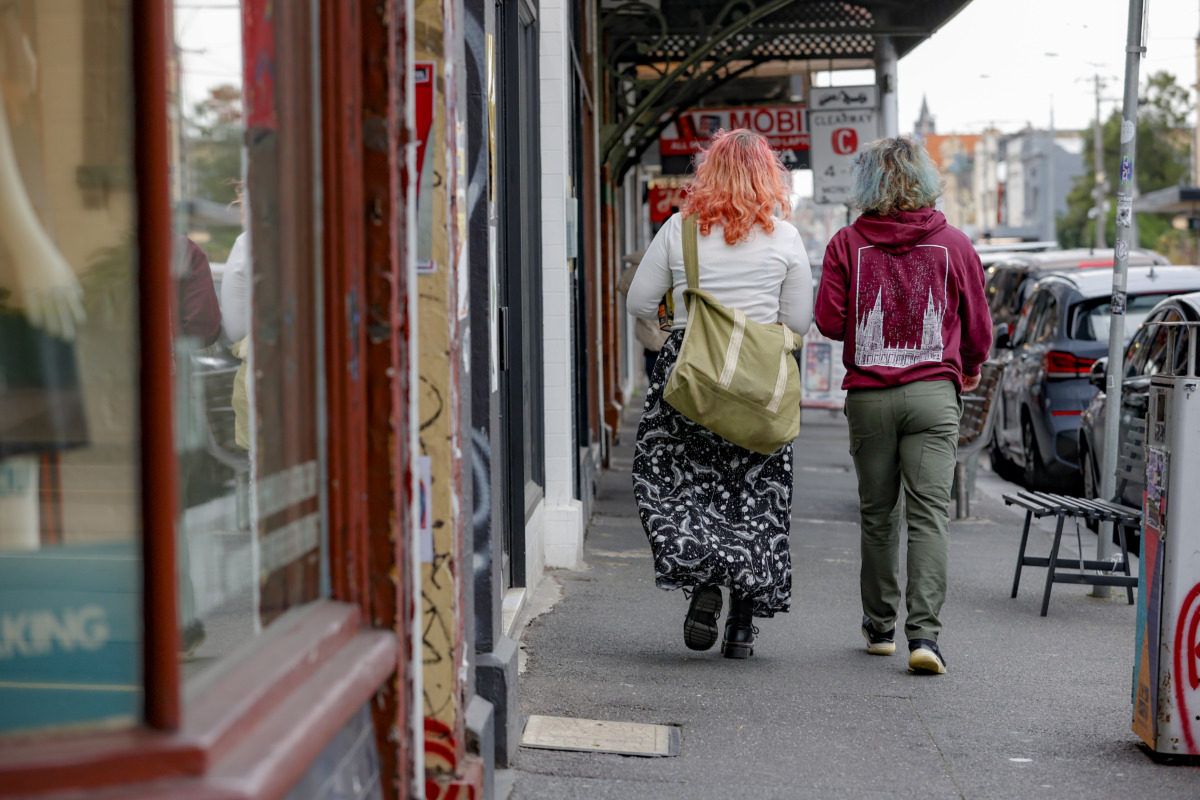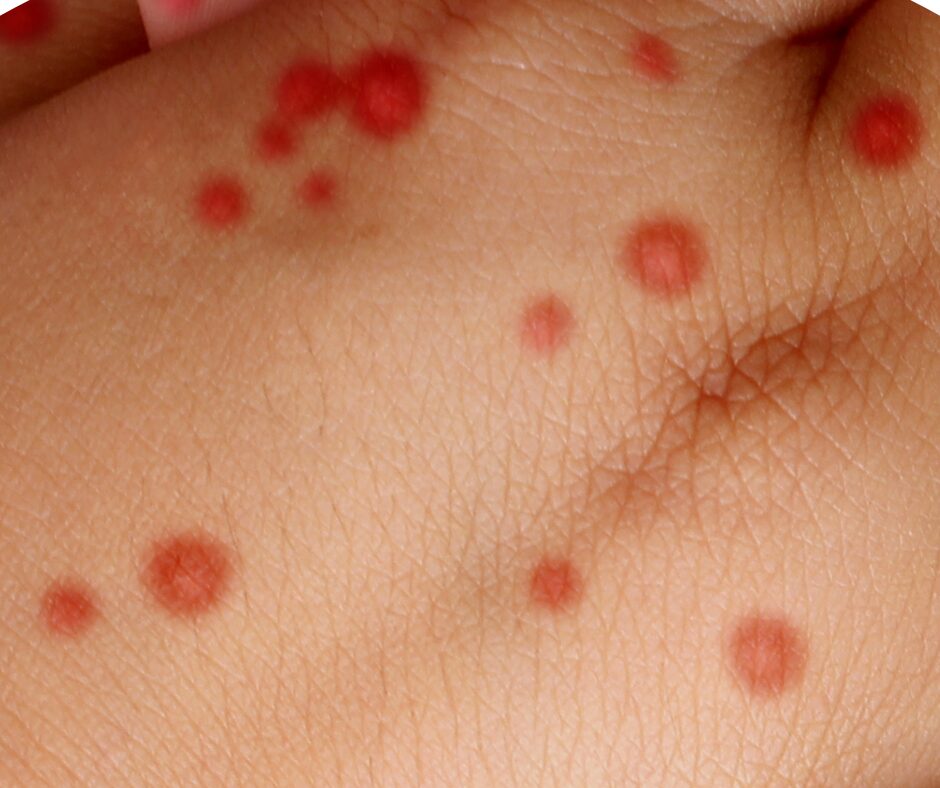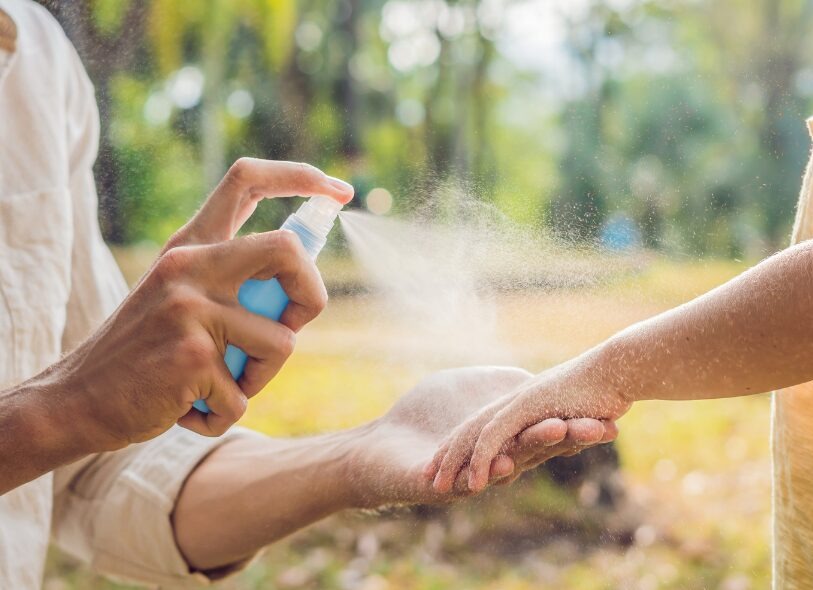Health protection
Winter disease update – how to stay well this winter



Winter often brings more colds and other illnesses. This year, as we move further away from the pandemic, people are getting exposed to germs they haven’t been exposed to in a while.
Besides colds and flus, other diseases from around the world are showing up here in Victoria. Here’s what you can do to stay well, plus some information on other current diseases affecting our area.
How to protect yourself and others
Many of the common diseases that spread from person to person in the community can be prevented. Here are nine steps from the Western Public Health Unit (WPHU) to stay well:
- Stay informed – regularly check WPHU’s website for health alerts and our links to alerts issued by the Department of Health.
- If you’re sick, stay home. If you have a mild illness and need to go out, wear a mask.
- Wash your hands and use sanitiser often.
- Get vaccinated against all diseases you are at risk of. We talk a lot about flu and COVID vaccines, but there are also vaccines for measles, mpox, typhoid, hepatitis A and other conditions affecting our community.
- Wear a mask in crowded places to protect against germs such as flu, COVID and whooping cough.
- Cough into your elbow.
- Keep indoor spaces well-ventilated.
- Travel safely – talk to your doctor before travelling about how to stay healthy on your travels, like getting travel vaccines, avoiding mosquito bites, eating foods that won’t cause illness, and avoiding accidents.
- It’s so important we are saying this twice – stay up to date with your vaccinations.
Diseases affecting our communities this winter and what you can do to prevent getting these diseases
COVID
COVID is still a big health issue. It’s common and making many people sick, especially older and immunocompromised people.
Vaccination is important to prevent severe illness from COVID. All adults, but especially those at highest risk should get an annual (or twice-yearly for some people) booster. Vaccination is especially important for people over 65.
More information on COVID including current vaccination recommendations is here.
Influenza (flu)
This winter has seen a big increase in flu cases. Flu can be a serious illness, causing hospitalisation and even death, especially for certain groups. Vaccination is the best way to prevent flu. Free flu vaccines are available for those most at risk including:
- children aged from 6 months to under 5 years
- pregnant women
- First Nations people aged over 6 months
- people aged 65 and over
- people age over 6 months with medical conditions that put them at higher risk of severe flu and its complications.
It is not too late to vaccinate. There is lots of flu around and vaccination now will help protect you. WPHU strongly recommend free vaccination to all people in the above groups.
More information on influenza and vaccination can be found here.
Measles
Although measles is not spreading in Victoria right now, occasionally there are cases of measles in Victoria, which people have caught while travelling overseas. There are many outbreaks of measles around the world, including in Europe, the UK, the Middle East, Indonesia, India, and USA.
Measles spreads through respiratory droplets and is very contagious. Vaccination is very effective at preventing measles – it is very uncommon among people who have had two doses of vaccine.
In Australia, children have received two doses of the measles vaccine as part of the regular childhood vaccines since 1992. However, if you are unsure if you have had the full course of childhood vaccines, or if you were born in Australia between 1966 and 1992 you may not have had two doses, so you could still catch measles if you are exposed, especially whilst travelling overseas. If you’re not sure if you’ve had two doses of the vaccine, check with your doctor. Free vaccines are available.
More information about a recent case in Victoria can be found here and information about measles here.
Mpox
Mpox is spread through close contact, usually during sex. There is currently mpox transmission in Victoria, mainly impacting gay, bisexual, and other men who have sex with men. There is a vaccine available that is effective against infection and severe illness.
Vaccine is available free to gay, bisexual, and other men who have sex with men and to their sexual partners (including women) or intimate contacts. Vaccination is available through GPs and pharmacies.
More information can be found here.
Pertussis (whooping cough)
Whooping cough is a respiratory illness caused by bacteria that spreads through coughing and sneezing. It can be severe especially in babies who have not completed their early childhood vaccinations.
Recently, more cases have been detected in Victoria, including in our area, especially in school aged children. Children and adults who get infected can pass it to babies.
Children receive vaccination for whooping cough as part of the routine childhood vaccinations.
We recommend pregnant women are vaccinated for whooping cough between 20-32 weeks.
More information about whooping cough and what to do to prevent and avoid spreading it can be found here.



